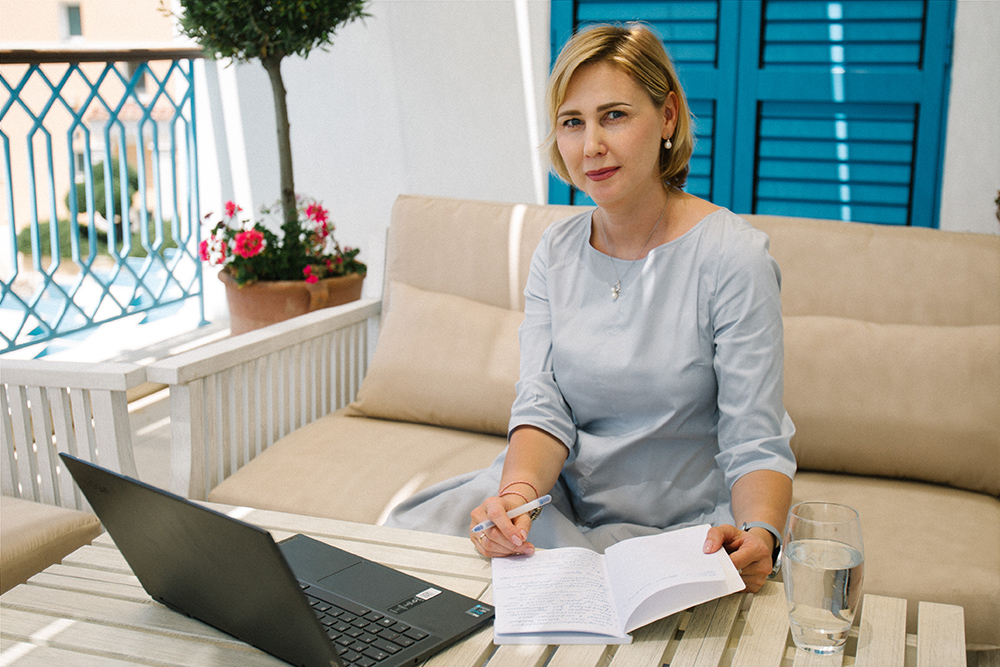
Organizing skill trainings for
Students
Teenagers can often struggle with disorganization due to a variety of reasons:
- Developmental Factors:
The teenage years are a period of significant brain development, particularly in the prefrontal cortex, which is responsible for executive functions like planning and organization. This development may still need to be fully matured, leading to difficulties in organizing tasks and managing time effectively. - Hormonal Changes:
Fluctuations in hormones during adolescence can impact mood, energy levels, and focus, as well as organizational skills. - Overloaded Schedules:
Teenagers today often juggle schoolwork, extracurricular activities, social commitments, and family responsibilities, which can lead to overwhelming and disorganization. - Lack of Time Management Skills:
Many teenagers are still developing time management skills and may need to learn effective strategies for prioritizing tasks and managing their schedules. - Technology Distractions:
Constant access to smartphones, social media, and the internet can be a significant distraction, making it challenging for teenagers to focus on tasks and stay organized. - Lack of Motivation or Interest:
Teenagers need to see the value or relevance of organizing to prioritize organization daily. - Stress and Anxiety:
Academic pressures, social expectations, and personal insecurities can contribute to stress and anxiety, which may impede organizational abilities.
Why Teens Benefit from Professional Guidance?
Usually, our teenagers reject our help as parents. (I don’t talk about teaching or training them. It looks like an impossible mission.)
During my training sessions with students, I noticed that they tend to listen to professional advice from another adult rather than their own parents.
Parents’ feedback I received after working with their children:
Natalia, hello! Sorry for the long replies. I need to get organized too 🙈 Thank you so much! Building organization and goals for X is a very difficult and lengthy process for many reasons. In terms of the mess on the table and around him, X has improved, although chaos is still present and it is difficult to concentrate. Our relationship with him is gradually leveling out, as he is improving and I have become less angry with him. I hope that by autumn we will resume classes again, as organizing him and developing habits takes a very long time ❤ and your knowledge, methods and patient approach are simply ❤❤❤ without them we would not have succeeded in anything – neither in organizing the room, nor in X.
Another one:
I am truly amazed by your profound approach to organizing space and people through understanding their psychology! I have never seen such specialists before – all the time I see ads for organizers, it’s all about sorting, decluttering, and selecting boxes.
Actually, if your child resists being trained by you, it is a huge benefit. You can leave a pleasurable part of spending quality time with your child for yourself. Do some activities together, go on trips, have family meals, and discuss.
A professional trainer can offer valuable guidance in developing executive functional skills, establishing routines, managing schedules, assessing tasks, improving time management, and cultivating new habits. Your child can optimize their study habits, reduce stress, and alleviate anxiety by employing a structured approach and effective techniques. This tailored support can empower them to enhance their organizational abilities, academic performance, and overall well-being.
What do we offer?
Developing excellent organizational skills is an investment that will benefit you for many years to come.
Being successful means being organized.
These skills will appear in all aspects of students’ lives and education. Throughout the training, students will be given the tools they need to develop excellent organizational skills.
Enhancing your children’s organizational skills will not only boost their productivity and management capabilities but also foster substantial growth in their development. A significant portion of daily time is often spent searching for misplaced items. By establishing an effective organizational system, you can eliminate the need for constant searching and easily locate important items when needed. This streamlined approach saves time, reduces stress, and enhances efficiency in your daily tasks.
What do you get?
Upon completing our training, your child will achieve the following objectives:
- Recognize and address existing habits and routines that lack effective organization.
- Master the skill of prioritizing his daily schedule and tasks efficiently.
- Identify optimal methods for systematically storing information and supplies.
- Implement strategies to organize both his personal and educational spaces effectively.
- Develop techniques to combat and overcome procrastination tendencies, enhancing your productivity and time management skills.
Get rates and book appointment
Discover our rates and choose the perfect package to start building better skills today
Training Program Modules
Module 1: Get to know each other and assess the current situation—executive function awareness.
Module 2: Basic organizational skills:
- Decision making;
- Basic sorting
- A place for everything and everything in its own place.
- Practice
Module 3: A power of prioritizing.
- Write it down (brain dump).
- Eisenhower’s matrix
- Goals setting, task structuring.
- 80/20 rule
- Practice
Module 4: Planning skills.
- Calendars.
- Time estimation, Deadlines.
- Eliminate time waste,
- How to control what is not under your control.
- Practice.
Module 5: To-do lists:
- Dairy
- Complete your. tasks.
- Focus.
- Practice.
Module 6: Digital and paper storage.
- System, which works for you.
- Consistency.
- Time sensitive.
- Practice.
Module 7: Working space organizing.
- Store things withing arms reach.
- Only ongoing projects on your desk.
- Planning your space according your organizational type.
- Tidying up routine.
- Practice.
Module 8: Schoolwork organizing:
- Workload.
- Synchronizing your schedules.
- Long term assessments planning.
- Simplifying.
- Practice.
Module 9: Reasons of disorganization.
- Hoarding.
- Inconsistency.
- Bad habits.
- Practice.
Module 10: Discipline is a key to organization.
- Organization as a part of your life.
- Learn to say No.
- Follow your system.
- Plan for today and tomorrow.
- Practice.
Module 11: Summary of your results.

Ready to take control of your time and boost your productivity?
Sign up for my Personal Productivity Training today! Whether juggling multiple projects, struggling with procrastination, or just looking to get more out of your day, this workshop will give you the tools to make it happen. Don’t wait—spaces are limited, so get in touch now to secure your spot and start your journey towards a more productive life!
And start your simply sorted life right now!
